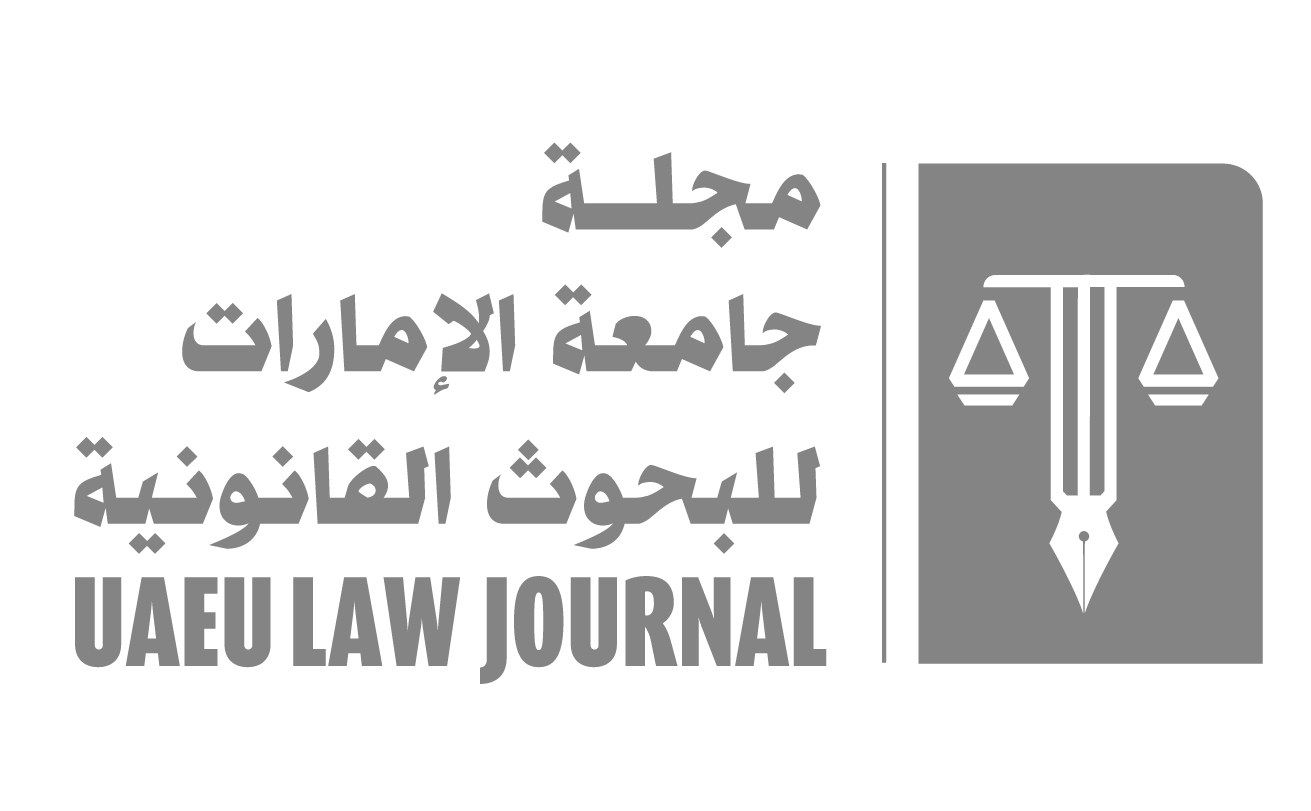
Abstract
The present study dealt with the unpermitted hajj artfulness, and the pilgrim`s breach of his requisite.
This research also elaborated on the juristic judgements and effects related to this problem.
The juristic judgements discussed in the present study pivoted around the judgement on the pilgrim`s unpermitted hajj, and on the pilgrim`s artfulness to get the hajj permission.
The effects of this phenomenon were viewed from two perspectives: firstly, the effects of prohibiting the pilgrim from the unpermitted hajj subsequent to the absolute Ihram (unconditioned by the removal of Ihram) and after the Ihram that is conditioned by the removal of Ihram. Secondly, the effects of the pilgrim`s unpermitted hajj––in which case he disregards his duty or performs a forbidden act––are discussed. In the present study, the inductive method, the referential method, and the comparative method were employed.
This study revealed a number of results, the paramount of which are that the unpermitted hajj is forbidden, and the pilgrim can either artfully go on hajj or is forbidden from doing so. In the former case, he is regarded as a sinner while in the latter case, his Ihram is regarded as absolute, such that they are confined and must be butchered and eliminated.
On the other hand, if the pilgrim`s Ihram is conditioned by the removal of Ihram, they will be absolved and not offered.
Recommended Citation
Al-Aryani, Asma Salmeen Dr.
(2021)
"Unpermitted Hajj: Its Provisions and Islamic Jurisprudence Effects,"
مجلة جامعة الإمارات للبحوث القانونية UAEU LAW JOURNAL: Vol. 87:
No.
87, Article 5.
Available at:
https://digitalcommons.aaru.edu.jo/sharia_and_law/vol87/iss87/5

